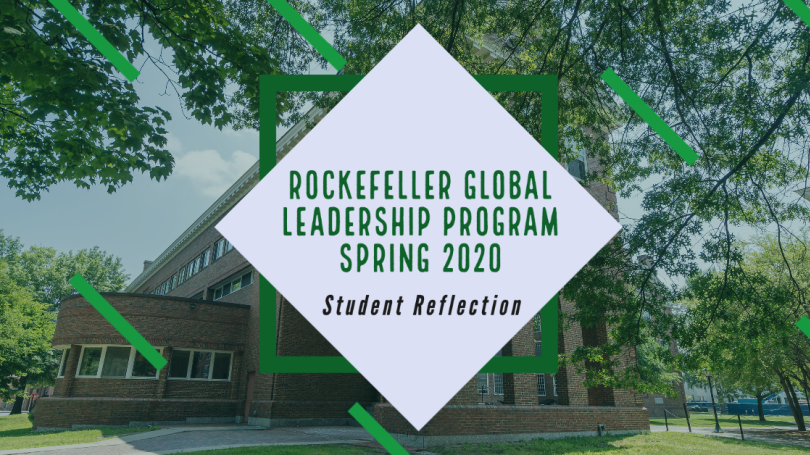
- Public Policy
- Leadership
- Funding
- News & Events
- About the Center
Back to Top Nav
Back to Top Nav
Back to Top Nav
Back to Top Nav
Anyone who knows me well would admit that my conflict style is direct. When it comes to any type of problem, large or small, I’m not the kind of person who likes to “beat around the bush”. I prefer open conversations that address the problem at hand. While not always associated with French culture, the French are very direct with both positive and negative comments. As my mother is French, my French American family is no different. Growing up in South Florida added to this, as most of my friends developed the same conflict style in their families as well. While I’m in no way saying that conflict was always resolved smoothly, open and direct discussion were the norm.
This was not the case at Dartmouth. I’ll be honest, I have missed quite a few subtle hints that there was a problem because they weren’t obvious. The fact that international students would approach conflict differently made sense to me, but I particularly didn’t know why or how American students could healthily approach conflict in substantially different ways. In RGLP, we discussed that culture is more than just nationality or ethnic ties, it can also be comprised by the specific communities that we reside in within a larger city or nation. Additionally, formal and informal culture permeate each level, and while we can openly see formal culture, informal culture, such as morals, are not so obvious. However, they still form a large part of one’s cultural identity.
All these aspects of culture form how people respond to conflict. In Rockefeller Center’s Deputy Director Sadhana Hall’s session, we explored the different ways people like to deal with conflict. While some, like me, employ a discussion style that emphasizes directness and emotional restraint, others exercise an engagement style, which combines directness with emotions, an accommodation style, which relies on indirect and emotionally restrained approaches, or a dynamic style, which mixes emotion with indirectness. I also got to hear about many of my peer’s approaches and difficulties with conflict, allowing me to understand where my peers stand and how they got there. These experiences and new understandings will follow me in my future experiences, and I thank RGLP for that.